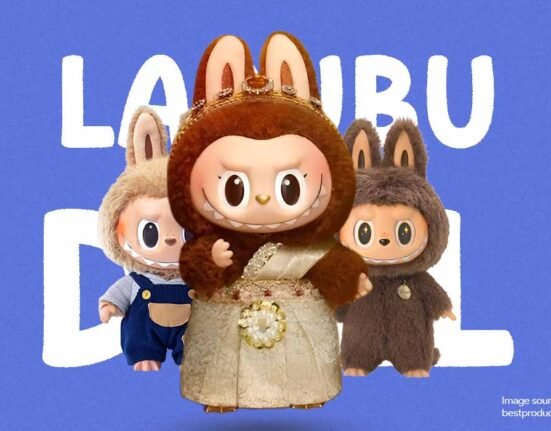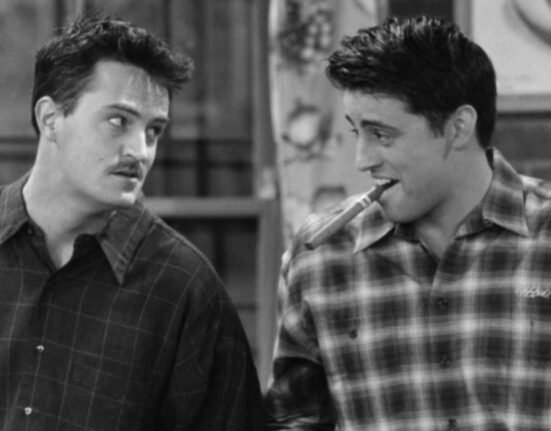Often we sit and reminisce in the old times. As a professor, I often find these conversations going on in the staff room. “Do you remember the Kulfi waala who used to visit the street during scorching afternoon hours of June”, or “I miss the days my siblings and entire cousin gang used to sleep on roof” are oft-repeated themes, special in their own way.
Same is the scenario when we sit with family, both immediate and extended. “Didi, do you remember the chabootra outside naani’s home”, my mother would say to her sister, or, “I once found a five rupee note on ground and felt like I’d won a lottery”, my father would tell his grand-daughter.
Why does the past, unless particularly painful, seem memorable and pleasant? Why does it always beckon?
Theorists explain that, when involved in daily petty annoyances liking doing laundry, or paying bills, we tend to give more weightage to these only. The ongoing happy experiences don’t find limelight in our mindset. But, when thinking of the days gone by, we forget those little monotonous/draining mundane things. This highlights the juicy and enjoyable parts of the past, thus making its view rose-tinted.
Also the outcomes of times bygone are clear, but, we don’t know the outcomes of our present; and that grey area of uncertainty is stressful. Not knowing whether a certain decision will prove worthwhile, whether the efforts will bear fruit or not, whether a certain investment will be beneficial – lends heaviness to our present. However, it is always better borne in mind that neither was the past as joyous as it seems, nor present as gloomy as it appears. If times ‘back then’ seem to be more relaxed and easy-going, the present times provide better and speedier contact-modes. If things were simpler back then, the present provides us with more customized options. Gadgets, facilities, productivity, their importance can’t be undermined. The only catch is that with so many stimuli around, human mind forgets its own power. Once this knowledge gets implanted into our system(s), there will be an undeniable realization that there has never been a time like the present time.
There can be a 3 step ‘present’ mantra for acquiring this realization:
Be present: “Real generosity towards the future lies in giving all to the present”, said Albert Camus, a French philosopher and Nobel Prize winner. Indeed, wherever we are, whatever we are doing; and, for whatever reason that might be – giving our 100% presence to that will inevitably enhance our well-being. In no moment can one enjoy everything that life is offering. Something will be missed while we enjoy some other thing. So, stay tuned to the present. And that brings us to the second step.
Live in the present: Oft-repeated advice by various management and religious gurus alike, this still can’t be overemphasized. “Yesterday is history, tomorrow is a mystery, today is a gift of God, which is why we call it the present”, said Bil Keane, a famous American cartoonist. It’s tempting, almost addictive; to slip into past times and/or worry about future; but, that usually gets us nothing. So, living in the moment is worthwhile by all means.
Be a present: Whatever one’s strengths and limitations are, their best version would undoubtedly be a gift to the world. We need to be at our best, always. Don’t feel like attending the office party? Dress up and show up anyway – there’s bound to be at least one person who’ll be thankful for your presence. Leave no stone unturned, things have a way of getting resolved for such people.
All said and done, it’s a welcome thing to cherish the past times’ memories and to plan for the future. (And it’s equally imperative to learn from our past mistakes). But to make it a dogma that the past was absolutely better, and the present or forthcoming times are inferior, won’t do much help. Even research has shown that the youngsters today have once again started believing in spiritual and familial pursuits, apart from career. This is a huge and much required source of hope. So let’s relish the past, savour our present and dream for the future.
Borrowing the lyrics from a famous song sung by Kishore Kumar – ‘aane waala pal jaane waala hai, ho sake toh ismein zindagi bita do, pal jo yeh jaane waala hai’.












Leave feedback about this